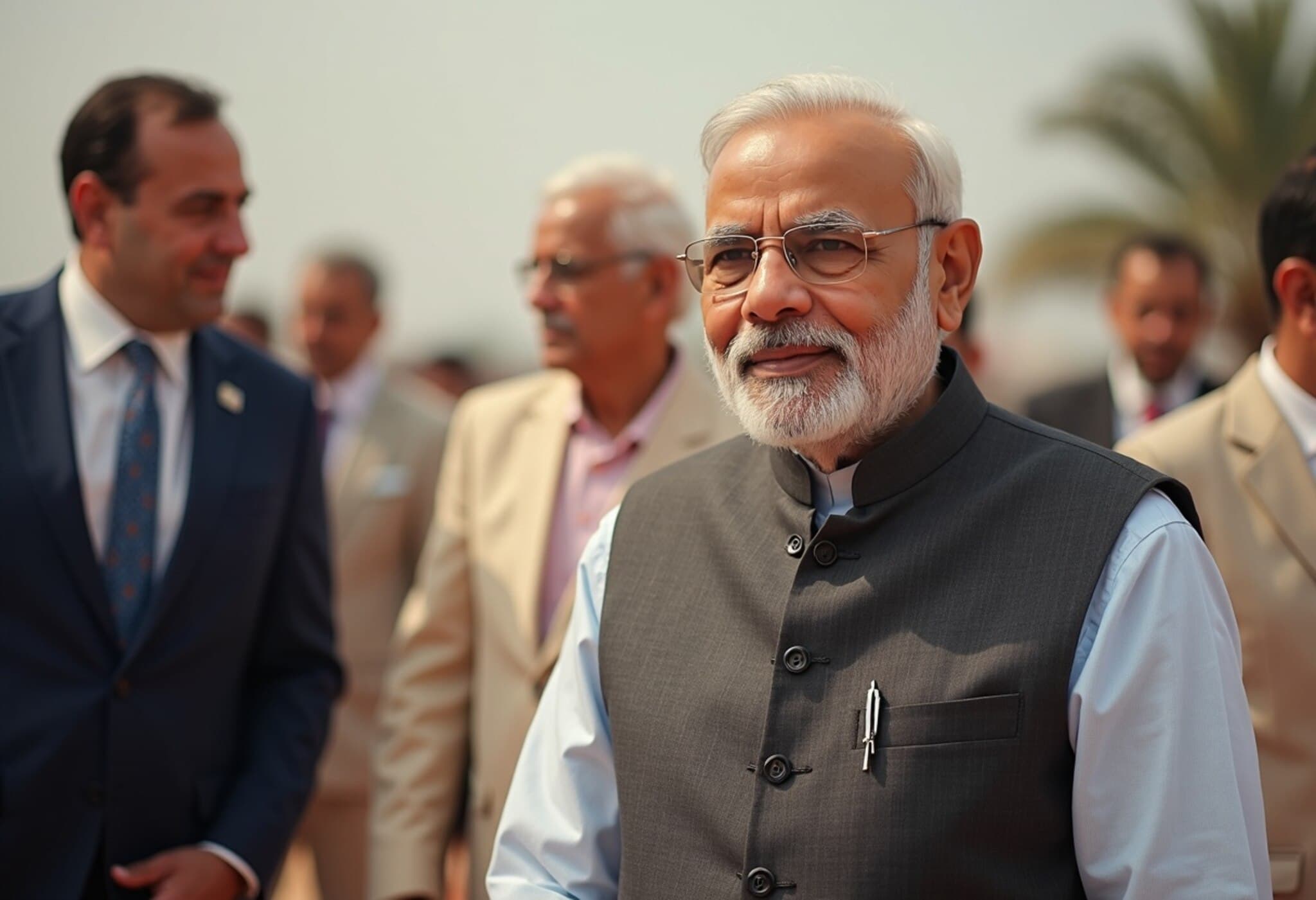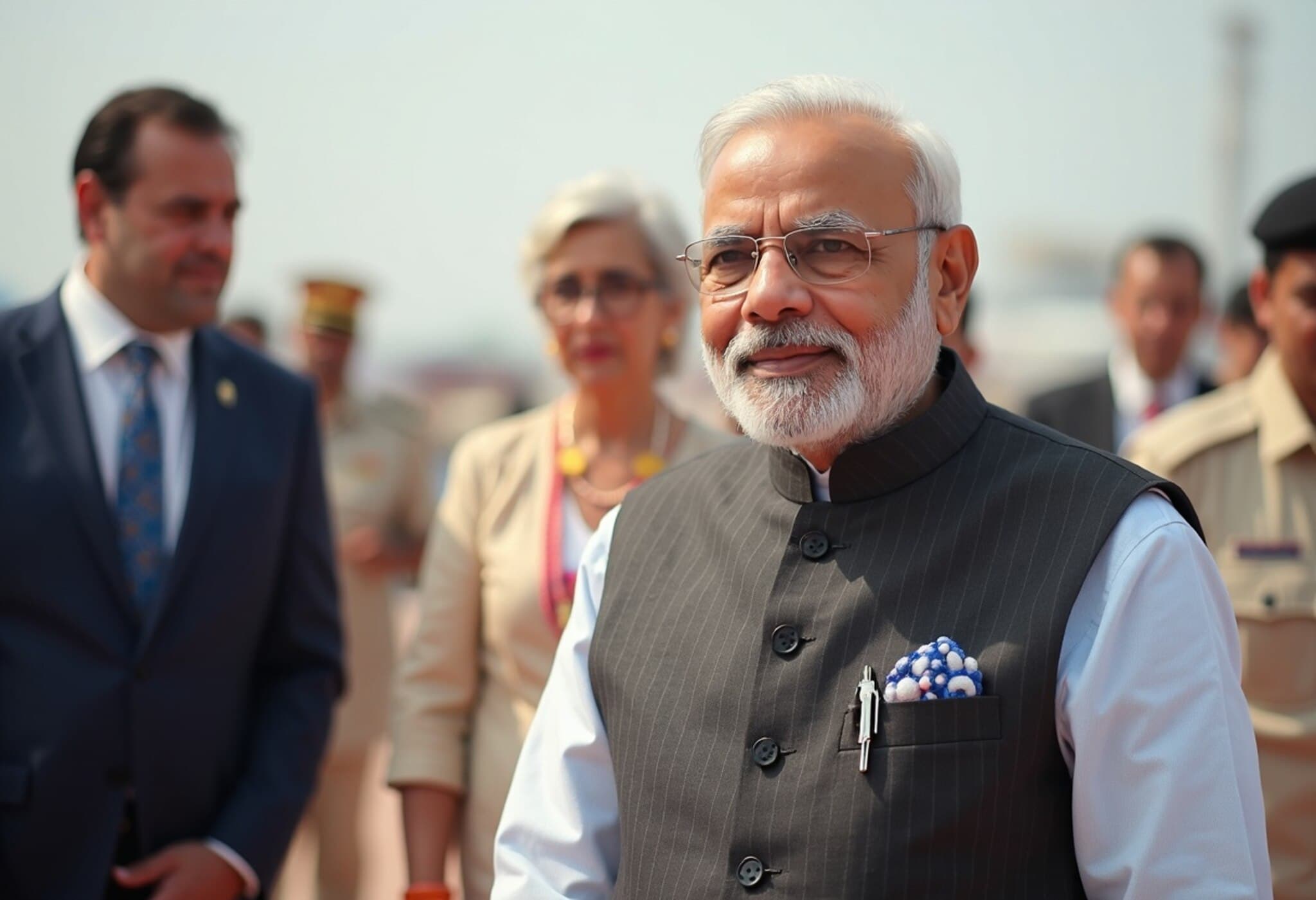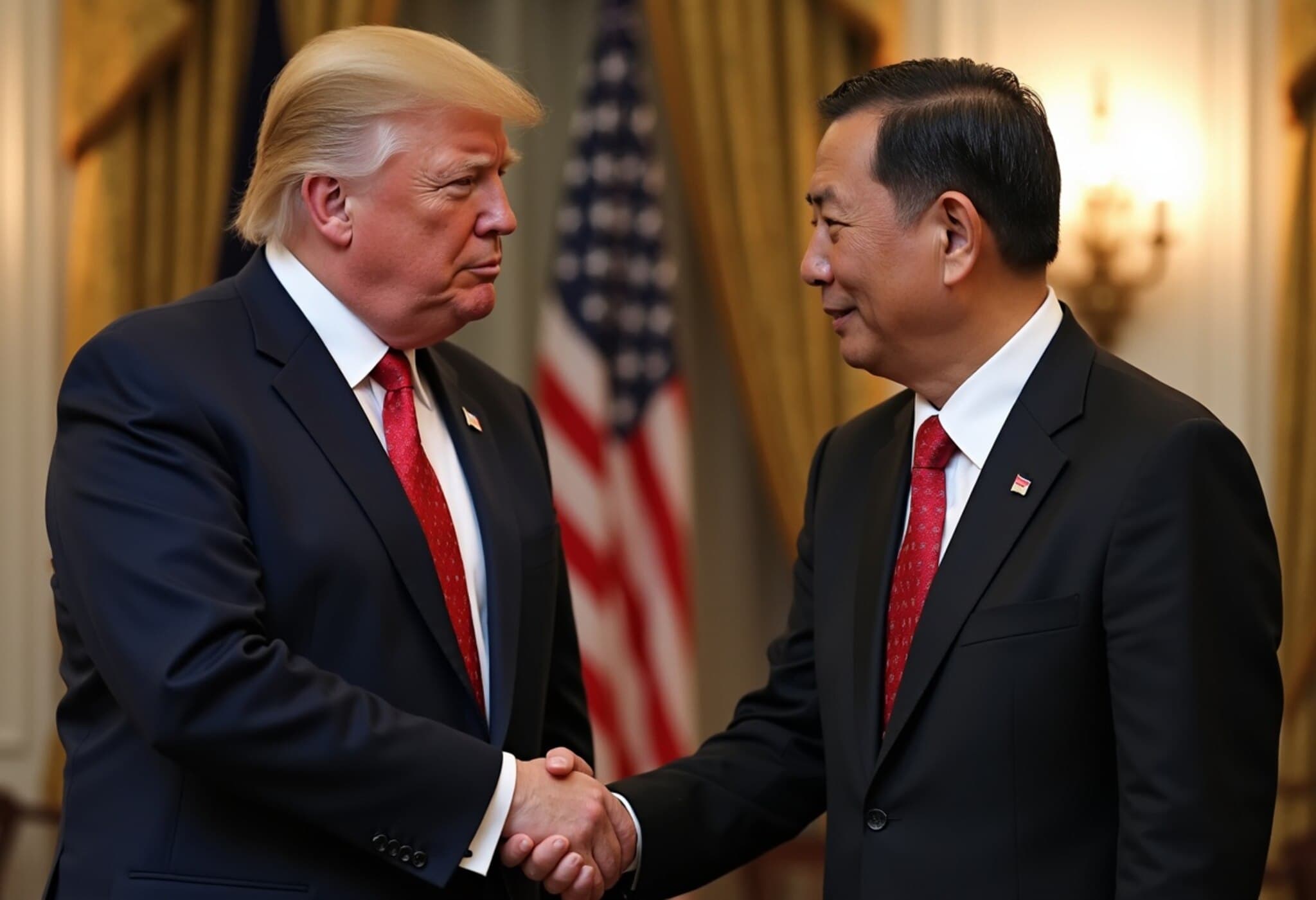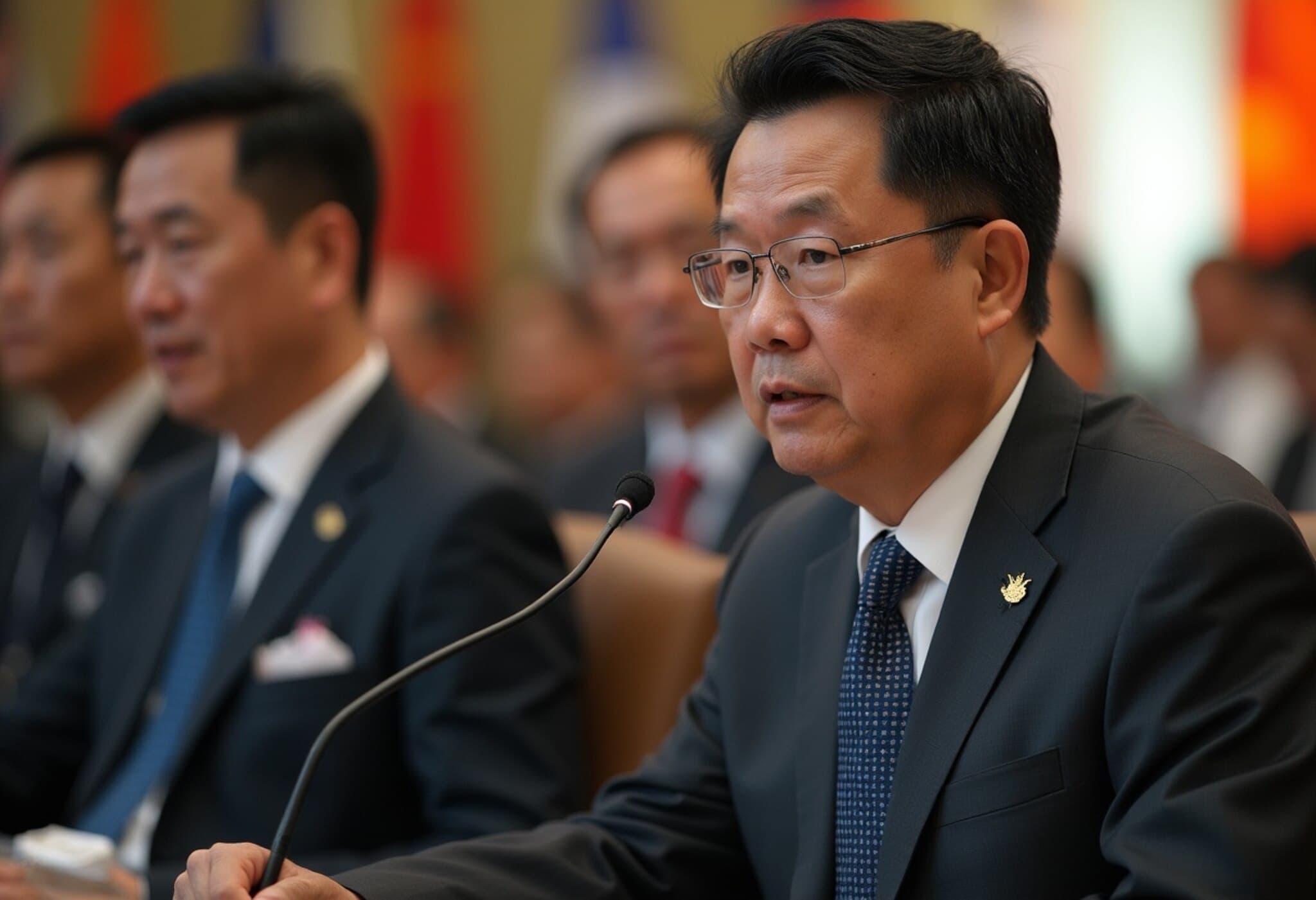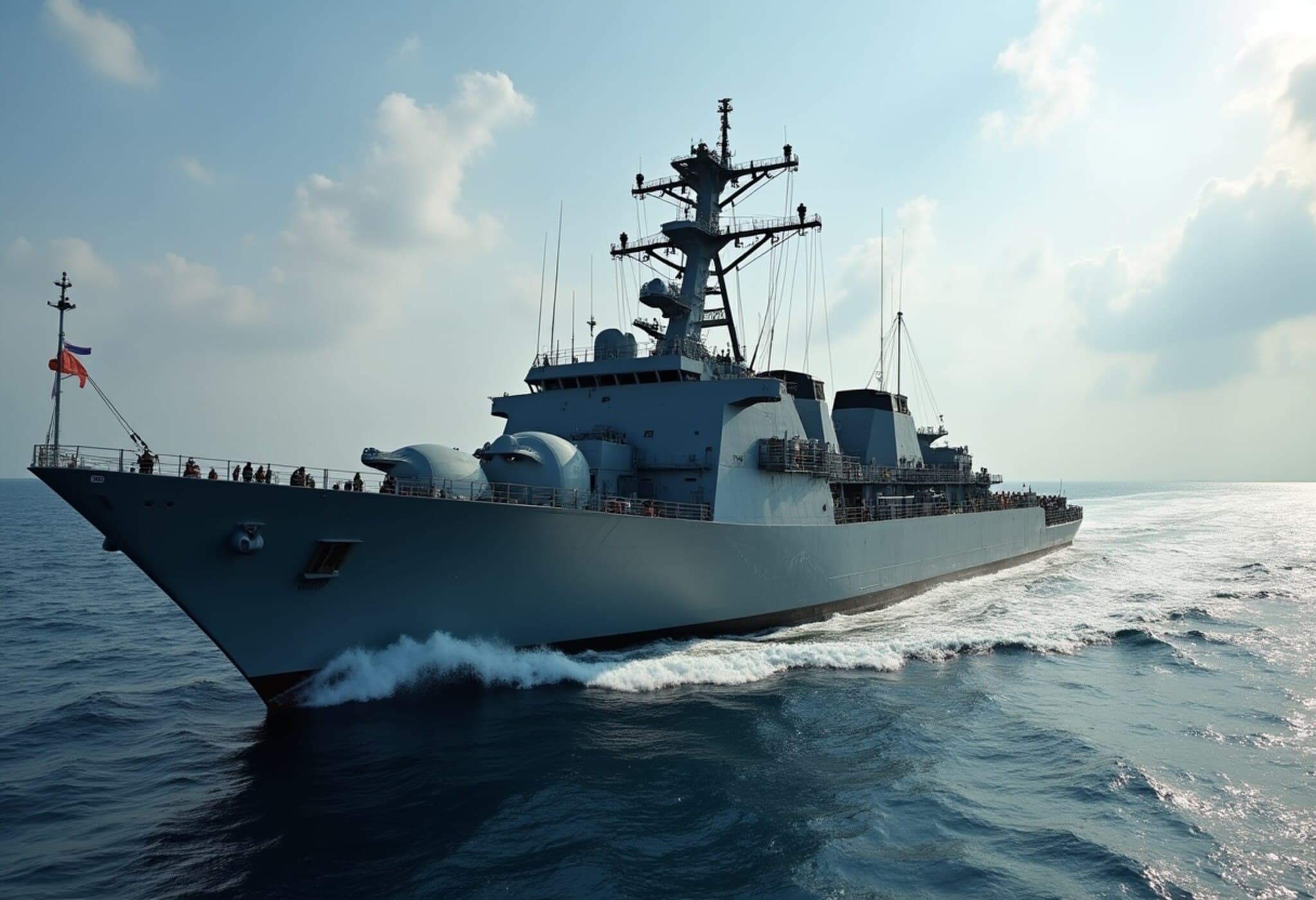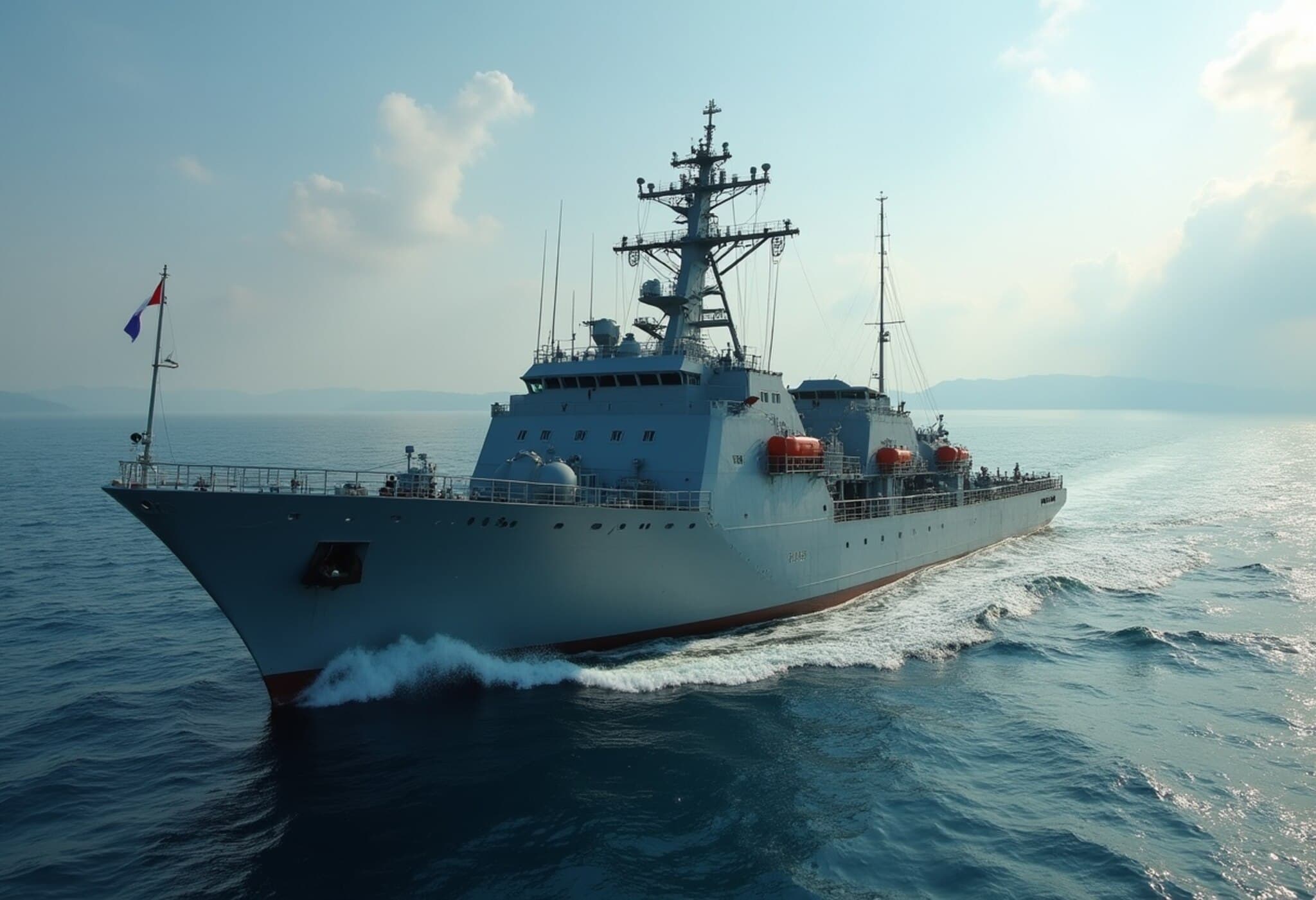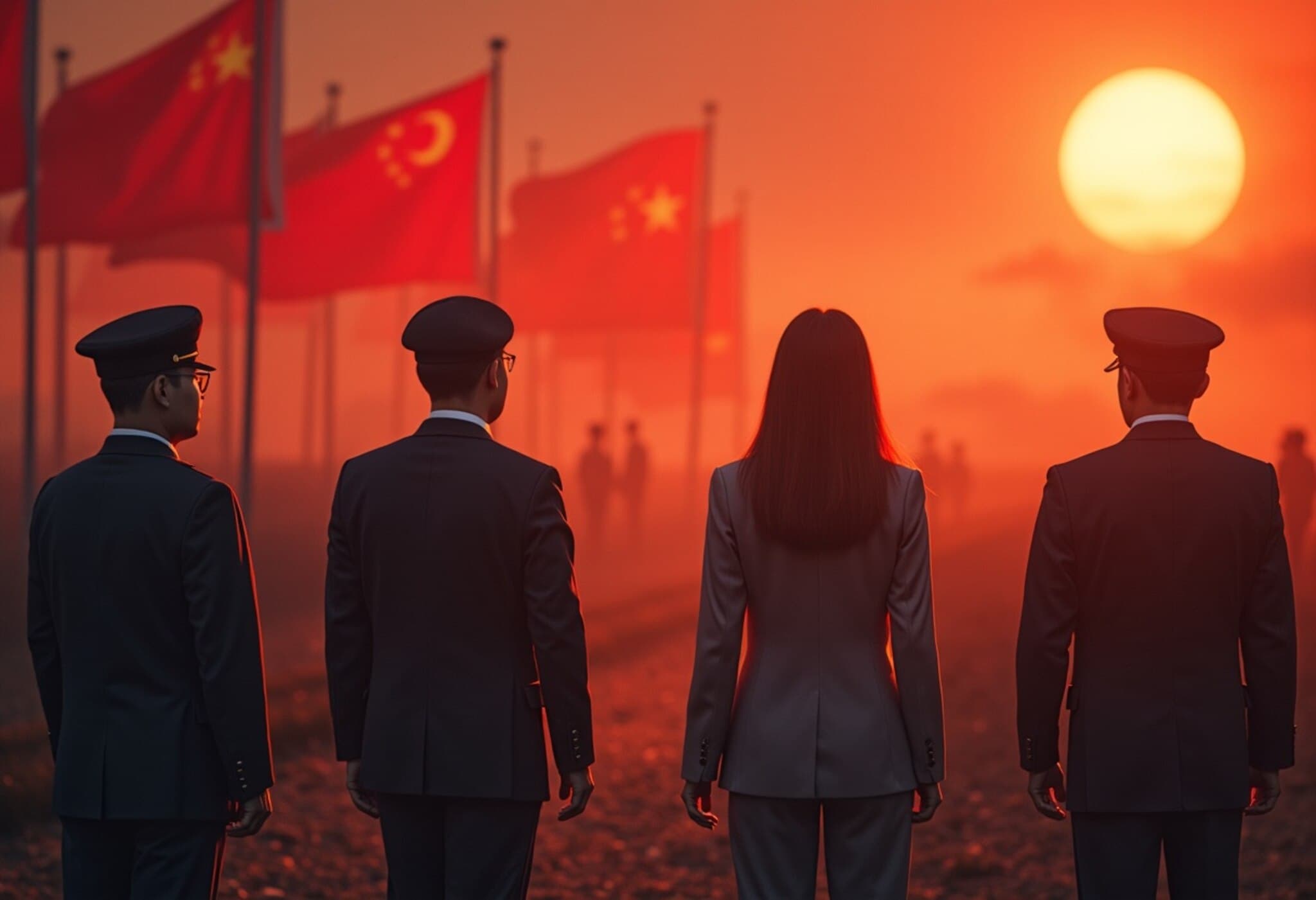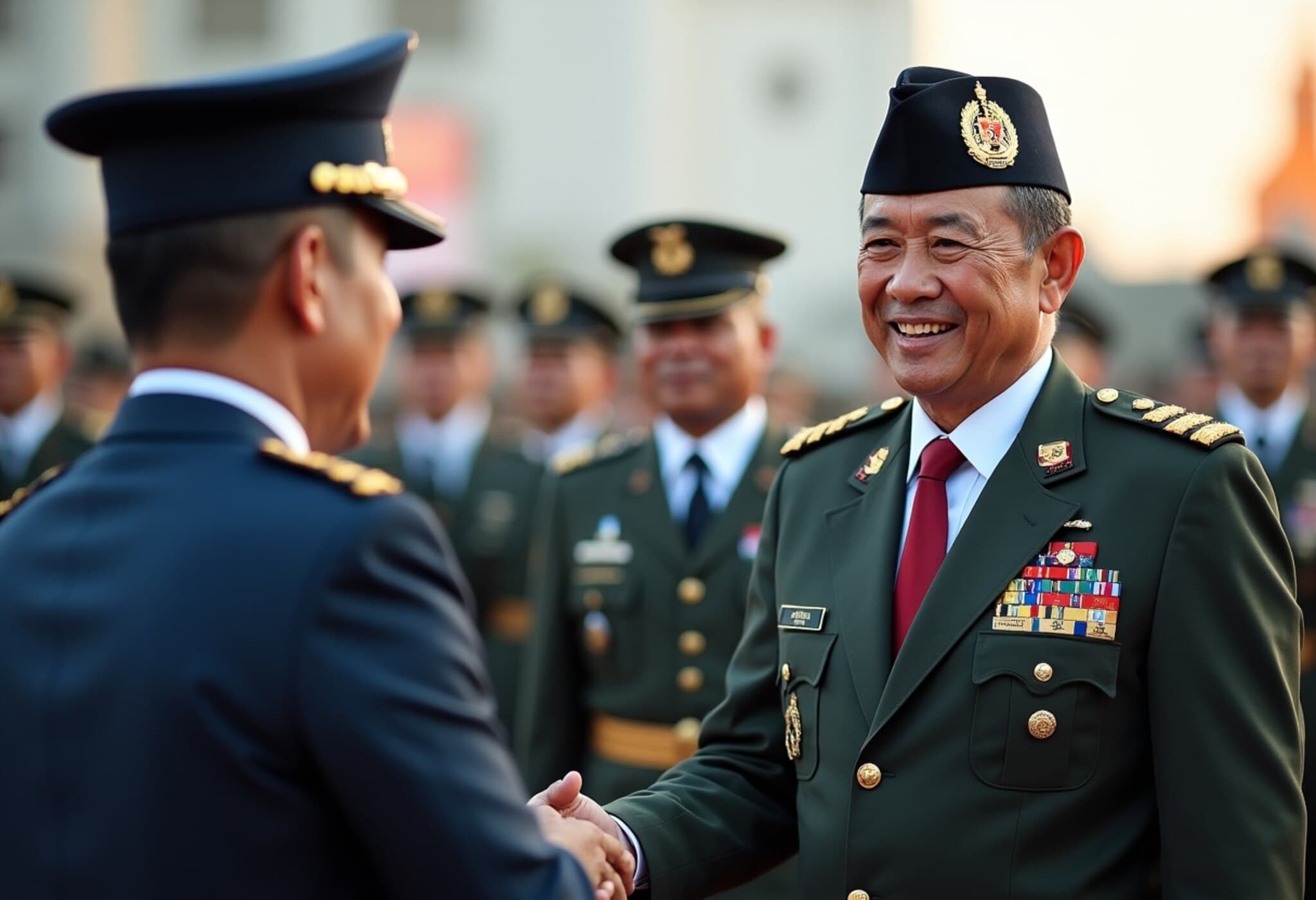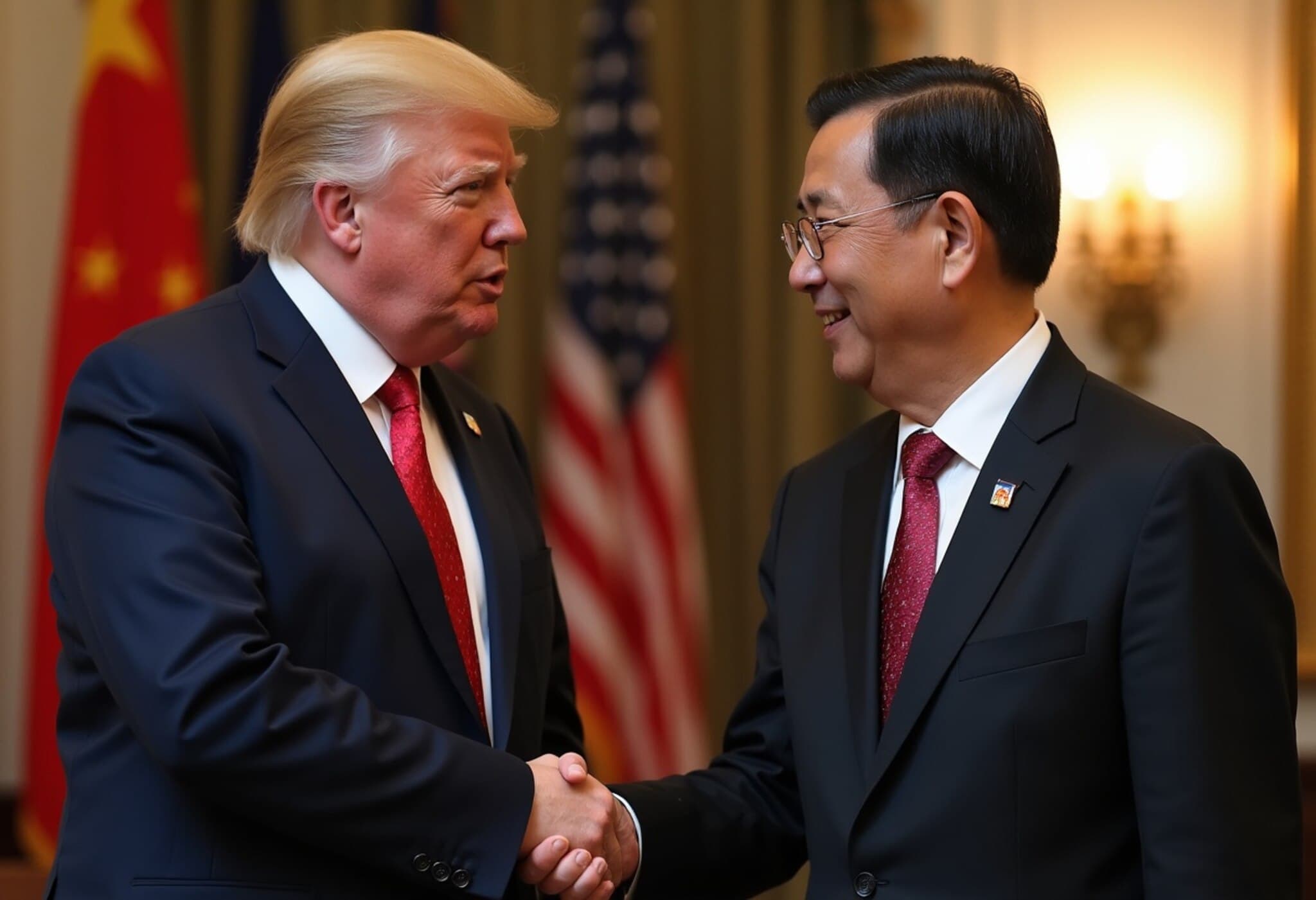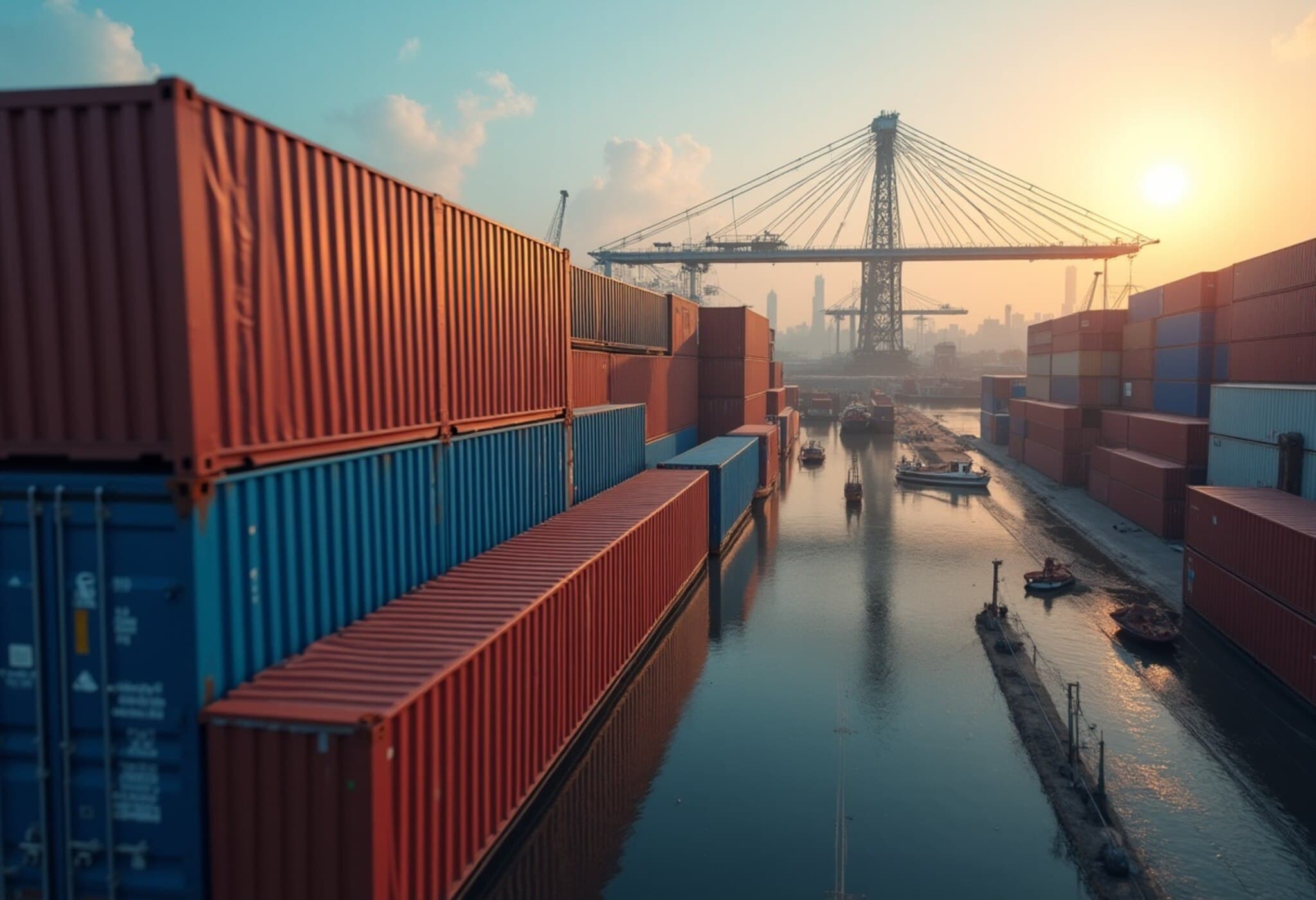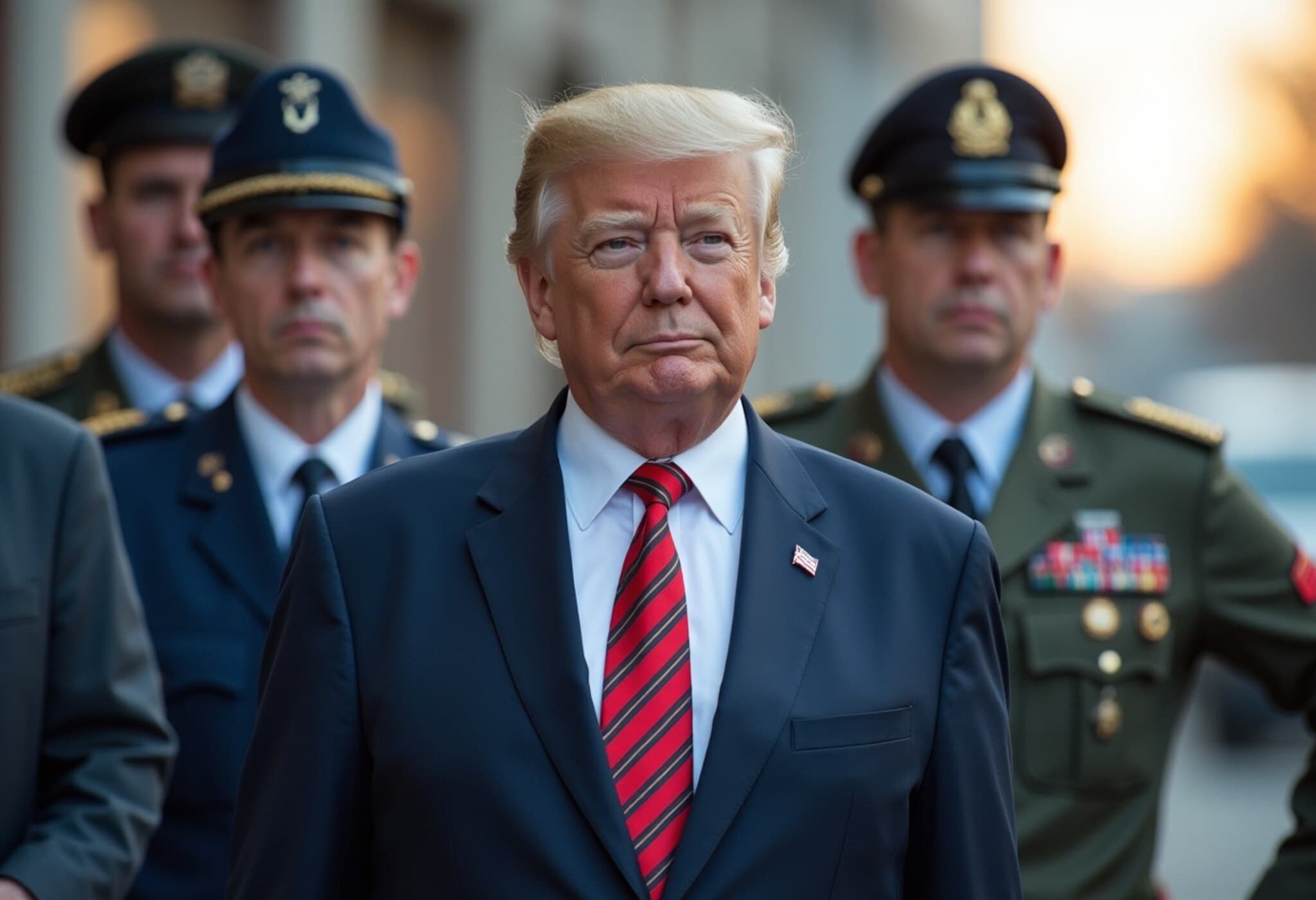Trump Declares Trade and Military Pact with the Philippines
In a surprising announcement on July 22, 2025, former President Donald Trump claimed that the United States has "concluded" a significant trade agreement with the Philippines, including a 19% tariff imposed on Philippine imports. Alongside the economic deal, Trump also flagged enhanced military cooperation with the Southeast Asian nation.
Trump posted the declaration on his Truth Social platform shortly after the meeting at the White House with Philippine President Ferdinand "Bongbong" Marcos Jr., marking a potential new chapter in U.S.-Philippines relations amid rising geopolitical tensions in the Indo-Pacific region.
Details of the Trade Agreement
According to Trump, the agreement entails the U.S. levying a 19% tariff on goods imported from the Philippines, while Manila purportedly will not reciprocate with tariffs on American products. The former president lauded the Philippines for embracing an "open market" stance toward U.S. trade.
However, as of this writing, officials from the Philippine government and the White House have not publicly confirmed the existence or specifics of this deal. Requests for comments from the Philippine Embassy in Washington and the current White House administration have yet to yield responses, highlighting a notable discrepancy between the announcement and official validation.
Military Cooperation Amid Regional Tensions
During the Oval Office meeting, President Marcos emphasized the strategic importance of bolstering the Philippines’ defense capabilities due to China's assertive actions in the South China Sea. Marcos described a "self-reliance defense program" aimed at helping the Philippines stand independently in future security challenges, with U.S. assistance playing a vital role.
Trump underscored that the bilateral relationship extends beyond trade, stating, "In addition, we will work together militarily." This suggests plans for deepened security ties, possibly encompassing joint exercises, arms sales, or infrastructure support, though specifics remain undisclosed.
Contextual Analysis: What This Means for U.S.-Philippine Relations and Beyond
The announcement is unfolding amidst a broader backdrop of increasing U.S. efforts to reinforce alliances in the Indo-Pacific to counterbalance China’s growing influence. The Philippines, geographically pivotal, has been a frontline state in these dynamics—already a longstanding treaty ally through the Mutual Defense Treaty of 1951.
Introducing tariffs on Philippine goods represents a departure from typical U.S. trade practices with close allies and could reshape economic links. The absence of immediate confirmation from Manila raises questions about the agreement’s finality and the bilateral consensus on trade policy.
Experts suggest such tariffs might affect the Philippines’ export sector, especially electronics and agricultural products, which are key to their economy. In turn, disrupted trade flows could strain the alliance despite enhanced military cooperation.
Underreported Angles and Critical Considerations
- Legal and Political Transparency: The announcement via a social media post, without official diplomatic channels confirming, challenges standard protocol and raises concerns over clarity and accountability.
- Economic Impact: Details about how tariffs will be implemented and the affected sectors remain vague, prompting uncertainty among businesses and investors.
- Geopolitical Implications: How this deal aligns with U.S. regional strategies, including relations with China and ASEAN partners, warrants close scrutiny.
- Long-term Sustainability: It remains to be seen if military collaboration will translate into lasting institutional partnerships or if the current momentum is mostly symbolic.
Looking Ahead
As both countries navigate this pivotal moment, transparency and verifiable details will be crucial to sustaining trust and the mutual benefits expected from such a partnership. The U.S. and Philippine governments’ forthcoming actions and communications will shape not only bilateral ties but also broader regional stability.
Editor’s Note
While President Trump’s announcement signals a potentially transformative deal, the lack of official confirmation from Manila and the White House underscores an evolving and complex situation. Readers should watch for verified updates as they become available, and consider how trade policies intertwined with security cooperation can both unite and challenge longstanding alliances. This story highlights the delicate balancing act nations face amid shifting global power dynamics and economic interests.








